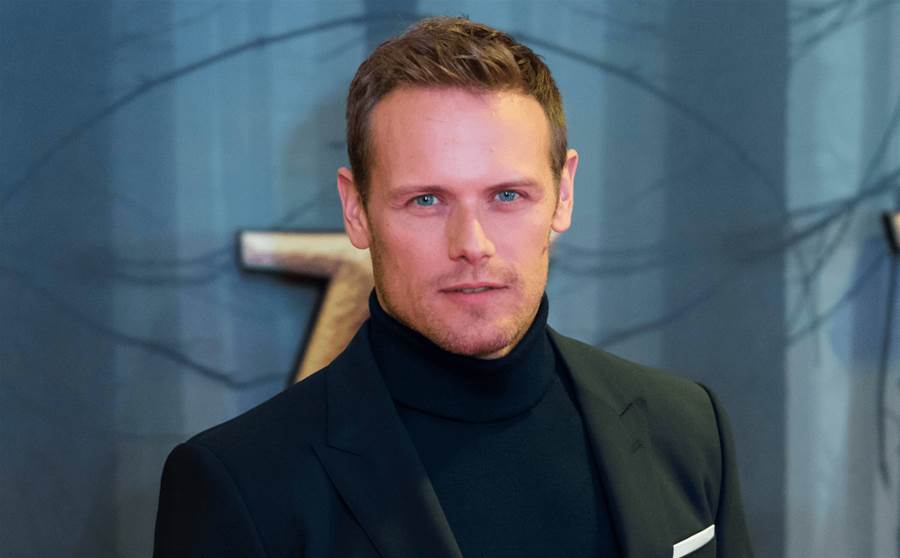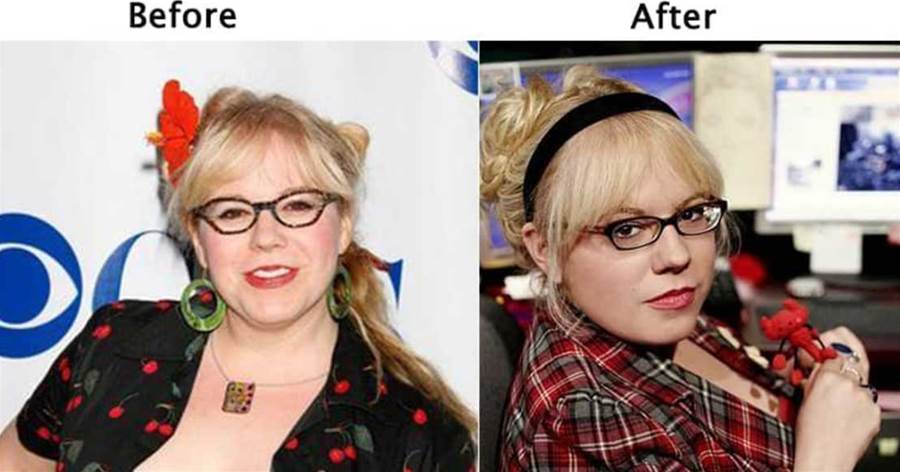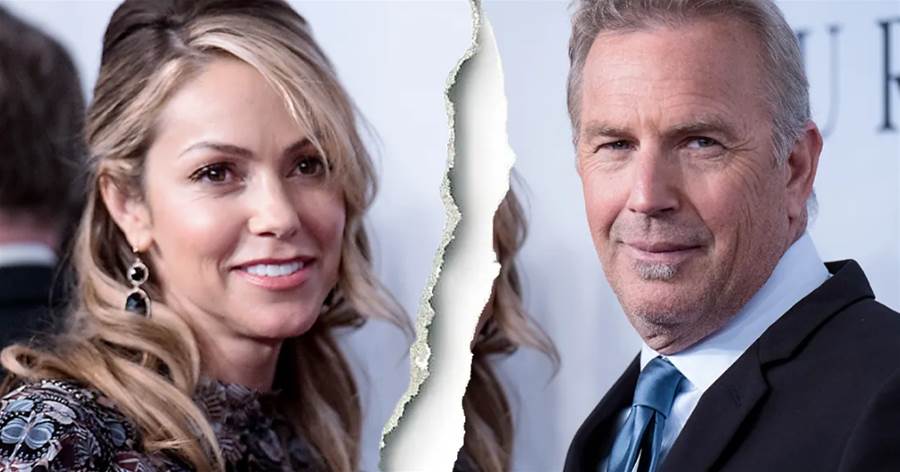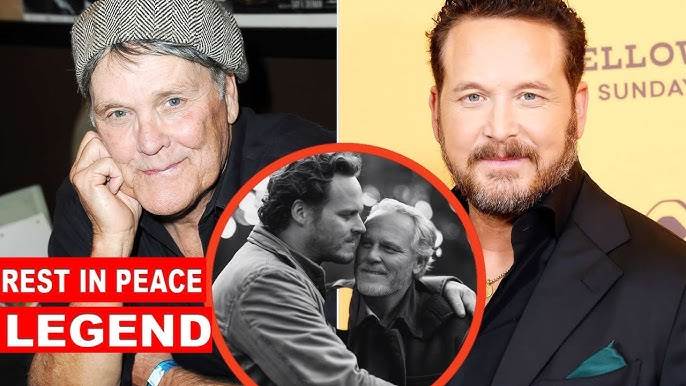
In the world of fitness, social media has given rise to a new breed of influencers who inspire millions with their seemingly immaculate physiques and wellness routines. These individuals, often referred to as fitness influencers, are seen as epitomes of health and fitness. However, there is a growing concern among their followers regarding the authenticity of their claims to being completely natural.
Many fitness influencers boast about achieving their impressive bodies through purely natural means, including diet and exercise alone.
They claim that with dedication, anyone can attain similar results. Yet, a closer examination reveals that this might not always be the case.
Various factors suggest that a significant number of fitness influencers may not be entirely honest about their natural methods. For instance, some influencers conveniently ignore their past ties to performance-enhancing substances or omit the fact that they have had cosmetic procedures done. This lack of transparency raises questions about the authenticity of their claims.
In addition, the pressure to maintain a certain image in the highly competitive world of social media can lead influencers to extreme measures to achieve and sustain their desired physiques. The desire for increased engagement and sponsorship opportunities may push them to embrace shortcuts, such as using digital editing tools to refine their images or promoting questionable products for financial gain.
The article is not finished. Click on the next page to continue.
The article is not finished. Click on the next page to continue.
Next page


















